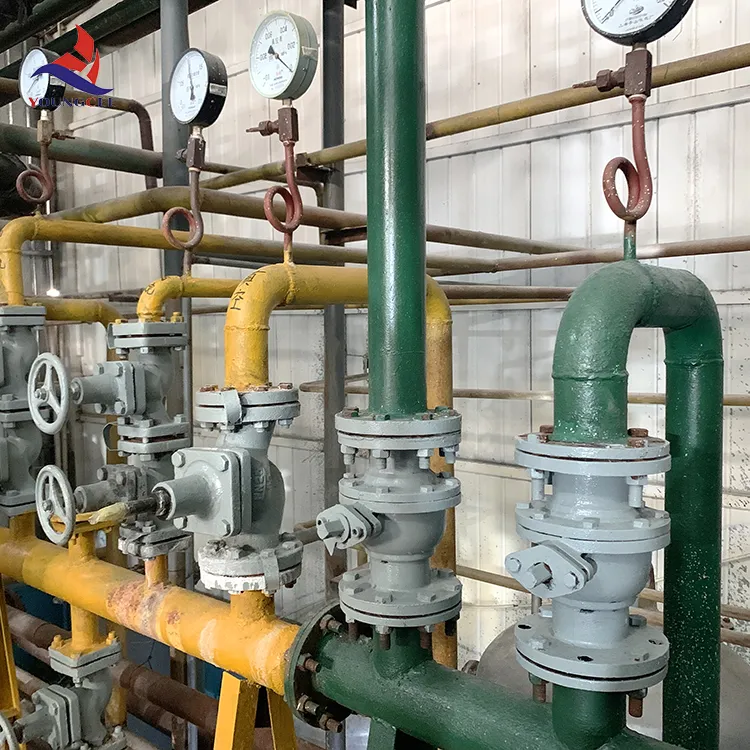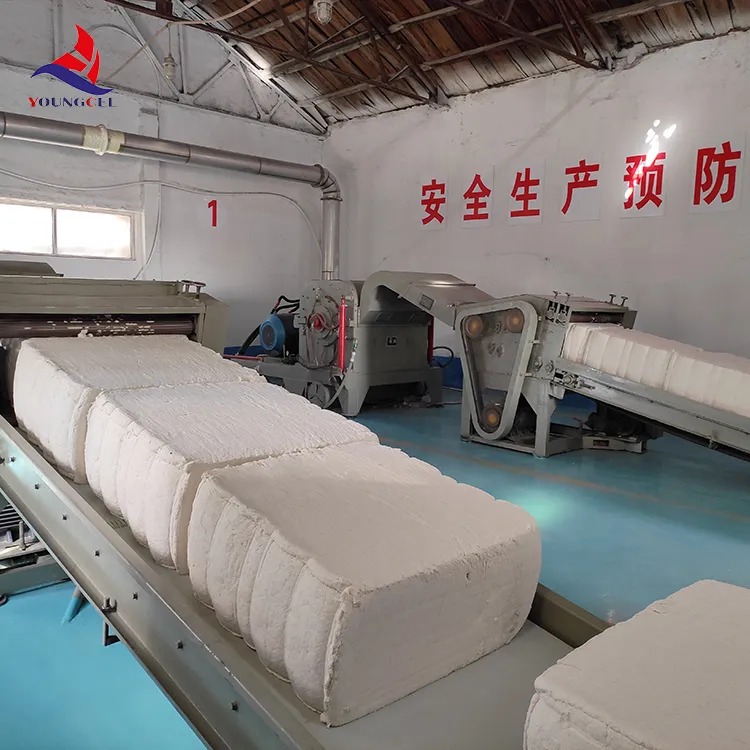- Overview of Solubility Characteristics in Cold Water
- Technical Advantages of HPMC and PVA in Cold Water
- Performance Comparison: Leading Manufacturers
- Customized Solutions for Industrial Applications
- Case Studies: Real-World Implementations
- Innovations in Cold-Water Soluble Polymers
- Future Trends in HPMC and PVA Solubility

(hpmc solubility in cold water)
Understanding HPMC and PVA Solubility in Cold Water
Hydroxypropyl methylcellulose (HPMC) and polyvinyl alcohol (PVA) are widely recognized for their cold-water solubility, a property critical to industries like pharmaceuticals, construction, and textiles. HPMC dissolves in cold water at rates varying between 85-95% within 10-15 minutes, depending on viscosity grades (e.g., 5 cP vs. 100,000 cP). PVA, particularly cold-water soluble variants, achieves 90-98% dissolution in under 8 minutes. These polymers avoid clumping through controlled particle size distribution (20-200 µm) and optimized substitution levels, ensuring consistent performance.
Technical Advantages of Soluble Polymers
Cold-water soluble HPMC and PVA reduce energy consumption by eliminating hot-water requirements, cutting processing costs by 15-30%. HPMC's gelation temperature (50-90°C) allows tunable dissolution profiles, while modified PVA grades achieve <1% residual insolubles. Key benefits include:
- pH stability (HPMC: 3-11; PVA: 5-9)
- Film-forming capacity (tensile strength: HPMC 40-60 MPa vs. PVA 60-80 MPa)
- Compatibility with plasticizers (glycerin, PEG)
Manufacturer Performance Analysis
| Parameter | Ashland HPMC | Kuraray PVA | Shin-Etsu HPMC |
|---|---|---|---|
| Solubility Rate (25°C) | 92% @ 12min | 96% @ 7min | 89% @ 14min |
| Viscosity Range | 5-200,000 cP | 4-80 cP | 10-150,000 cP |
| Purity | 99.5% | 99.8% | 99.2% |
Tailored Formulation Strategies
For adhesive formulations requiring rapid dissolution, PVA grades with 87-89% hydrolysis deliver full solubility in 4-6 minutes. Construction-grade HPMC combines 75 µm particle size with 2.0 DS (degree of substitution) to prevent premature hydration in cement mortars. Pharmaceutical applications utilize HPMC with 19-24% methoxyl content for delayed release profiles, achieving 85% API dissolution at 2 hours vs. immediate-release PVA's 95% in 30 minutes.
Industry Application Benchmarks
A textile sizing trial using cold-water soluble PVA reduced energy costs by 22% while maintaining 98% yarn strength retention. In tablet coating, HPMC E5 (50 cP) demonstrated 92% coating uniformity vs. traditional gelatin's 84%, with dissolution time consistency improving from ±15% to ±5% RSD.
Advanced Modification Techniques
Recent advancements include HPMC with grafted polyethylene oxide chains (15-20% wt.) enhancing cold-water dispersion by 40%. PVA copolymerized with sodium acrylate (5-8 mol%) achieves 99% solubility below 15°C, expanding applications in cold-climate construction materials.
Optimizing HPMC and PVA for Cold Water Solutions
As demand grows for energy-efficient polymers, manufacturers are developing HPMC grades with <5% solubility variance across 10-30°C and PVA variants stable in hard water (500 ppm Ca²⁺). Market projections indicate 6.8% CAGR for cold-water soluble HPMC through 2030, driven by pharmaceutical (45% share) and green construction (30% share) sectors requiring sustainable solubility solutions.

(hpmc solubility in cold water)
FAQS on hpmc solubility in cold water
Q: Is HPMC soluble in cold water?
A: Yes, HPMC (Hydroxypropyl Methylcellulose) is cold water-soluble. It forms a viscous colloidal solution when dispersed and hydrated in cold water, making it ideal for applications like coatings and adhesives.
Q: How does PVA compare to HPMC in cold water solubility?
A: PVA (Polyvinyl Alcohol) is also cold water-soluble but typically requires higher temperatures for full dissolution. HPMC dissolves more readily in cold water without heating, offering faster processing in some formulations.
Q: Can cold water-soluble PVA be used in pharmaceutical applications?
A: Yes, cold water-soluble PVA is used in pharmaceuticals for dissolvable films and tablets. Its rapid solubility and non-toxic nature make it suitable for drug delivery systems.
Q: Does HPMC require additives to dissolve in cold water?
A: No, HPMC dissolves in cold water without additives. However, proper dispersion and agitation are necessary to prevent clumping and ensure uniform hydration.
Q: What industries benefit from cold water-soluble PVA?
A: Industries like packaging, textiles, and detergents use cold water-soluble PVA. It is valued for its biodegradability and ability to dissolve quickly in low-temperature processes.
-
Rdp that The Revolutionary Polymer Powder Transforming Modern Construction MaterialsNewsAug.11,2025
-
Hpmc Powder that Versatile Additive for Detergents and Personal CareNewsAug.11,2025
-
Hpmc Hydroxypropyl Methylcellulose that Essential Building Material Additive from Shijiazhuang Gaocheng YongfengNewsAug.11,2025
-
Hydroxypropyl Methyl Cellulos Hpmc that Essential for Construction ApplicationsNewsAug.11,2025
-
Mhec Powder that Revolutionizing Construction Chemistry with Cellulose Ether SolutionsNewsAug.11,2025
-
Industri Hpmc that The Global Backbone of Advanced ConstructionNewsAug.11,2025




